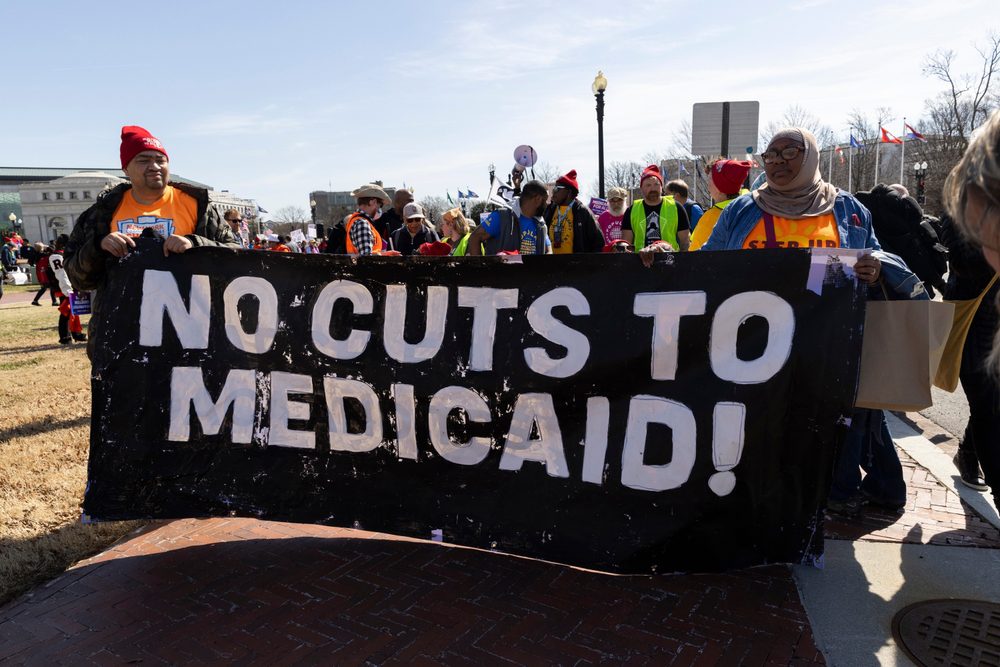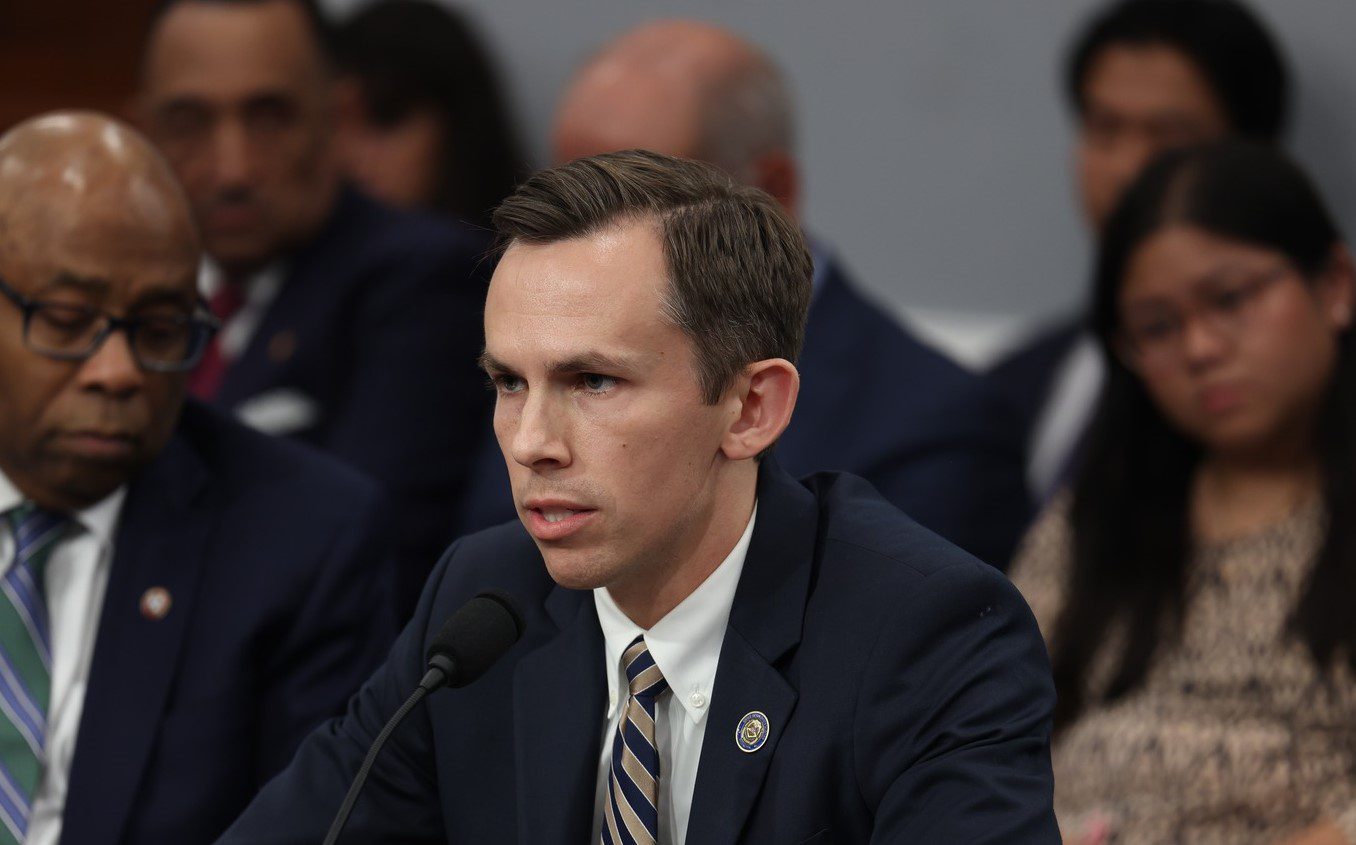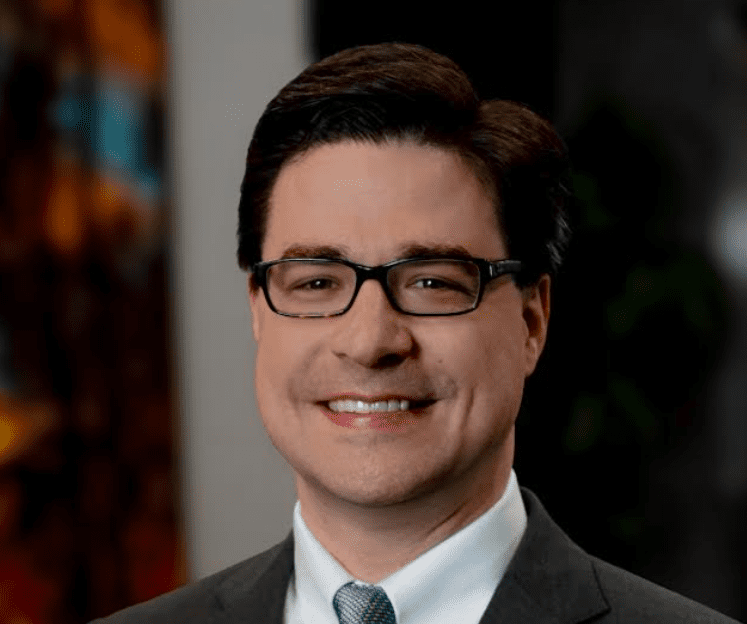
Sid Salter
Columnist Sid Salter says education and public health care always dominate public spending in Mississippi, but in 2024 hospitals and PERS will impact what’s left for lawmakers to divide up.
While there does seem to be growing momentum for progress on Mississippi lawmakers taking up policies that could provide some financial stability for the state’s struggling hospitals, there are other difficult and expensive issues facing the 172 members of the Mississippi Legislature.
The legislative horizon reminds me in many ways of where we were in Mississippi about a decade ago in 2014. With pressure from Democratic colleagues, public health advocacy groups and most of the state’s hospitals growing for Medicaid expansion, then-House Appropriations Committee Chairman Herb Frierson (R-Poplarville), sent a letter to every college president, community college president, county and municipal school district superintendent and others in positions of leadership in public education from kindergarten to graduate school in Mississippi.
“I just wanted people who look to the Legislature for education funding to be armed with the facts about how the state’s budget pie gets divided and to know that Medicaid expansion isn’t something that can be done without consequences for every other function of state government,” Frierson said.
Frierson said the letter was in response to post-2013 regular session inquiries from education leaders about why education funding had not improved on pace with improvements in the state’s economy since the depths of the 2007 to 2009 Great Recession.
A decade later, Medicaid expansion, or some form of hospital-friendly legislative intervention, remains on the political table. Gov. Tate Reeves is offering a plan, but it will take legislative cooperation to succeed. But as usual, that political table is crowded.
The push and shove between Reeves and Democratic challenger Brandon Presley over Medicaid and rural hospitals will continue through election day, but with legislative majorities being what they are in both house Reeves has the best chance of legislative support.
Another critical issue facing Mississippi is the public pension funding challenge. Mississippi’s Public Employee Retirement System (PERS) is a system of retirement plans covering all public employees including public school teachers, the state Highway Safety Patrol, municipal employees and state legislators.
Revenue for the PERS system comes from three primary sources: investment income, employer contributions (paid by the taxpayers) and employee contributions (deducted from the pay of state employees participating in the PERS plans).
Right now, the retirement system has a $20.5 billion unfunded liability, meaning the contributions of state and municipal employees and income from the plan’s investments aren’t enough to cover present and future benefits for retirees. The system is funded to just under 61 percent.
PERS is expected to ask lawmakers for a direct cash infusion and present the Legislature a plan to stabilize the system that will include hikes in employer contributions from the present 17.4% to 22.4%. Employee contributions are presently 9% and could also rise.
The 5% employer contribution increase will reverberate throughout state and local government including the education community at every level, county and municipal governments and other public entities.
To listen to the TV ads in the gubernatorial campaign, Medicaid and the financial plight of the state’s hospitals are the top-shelf issues in the state. And for many Mississippians, that’s an accurate assessment.
But for its impact on the state budget and the budget of every governmental subdivision – counties, cities, educational institutions, etc. – the future of PERS will command equal if not greater prominence in the political arena.
The influence of inflation, rising interest rates and uncertainty in the housing market and auto manufacturing may impact Mississippi’s economy, which just last month hit a rare month performing under the state revenue estimate.
Education and public health care always dominate public spending in Mississippi, but in 2024 hospitals and PERS will impact what’s left for lawmakers to divide among all other segments of state government.








